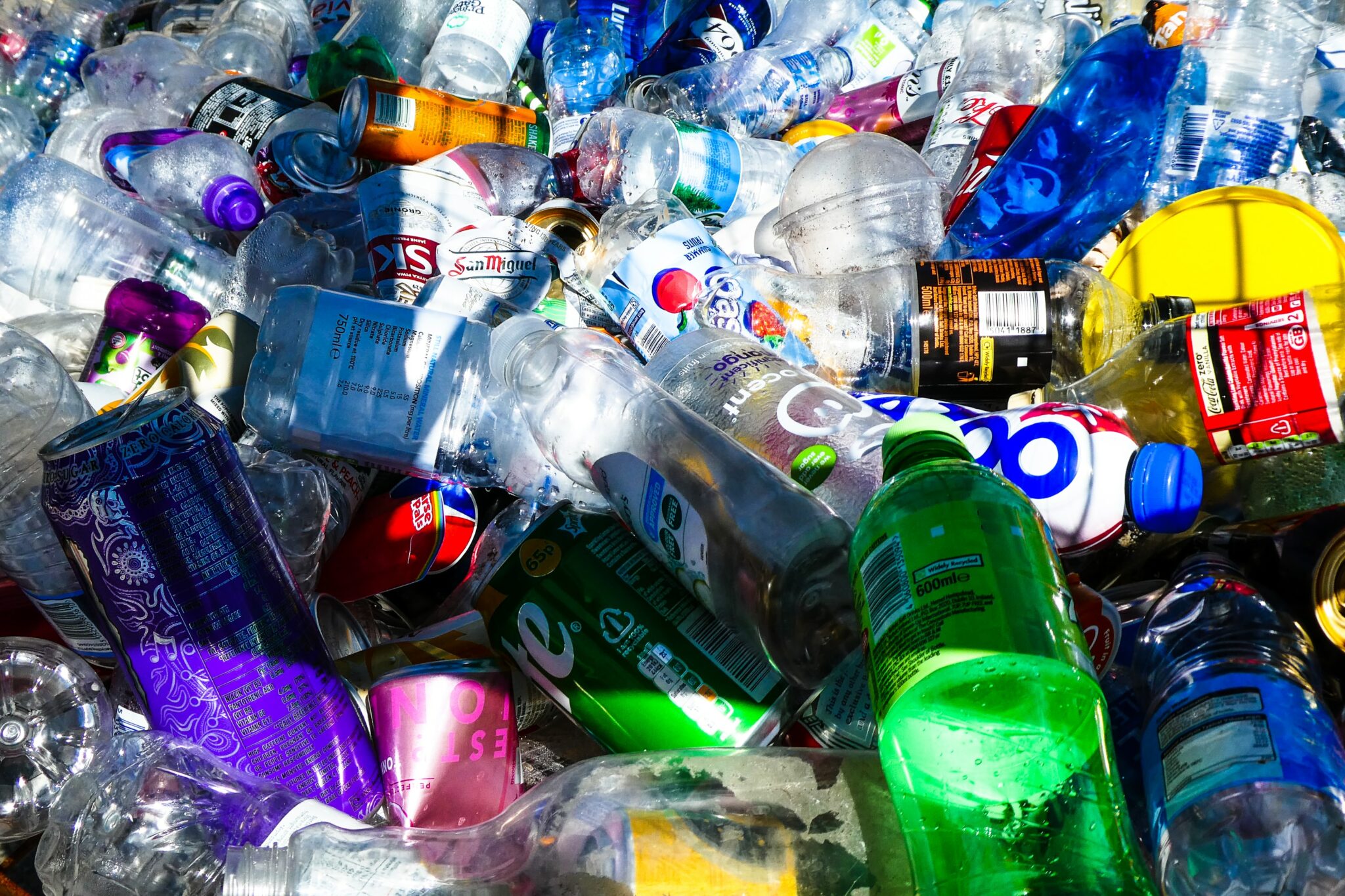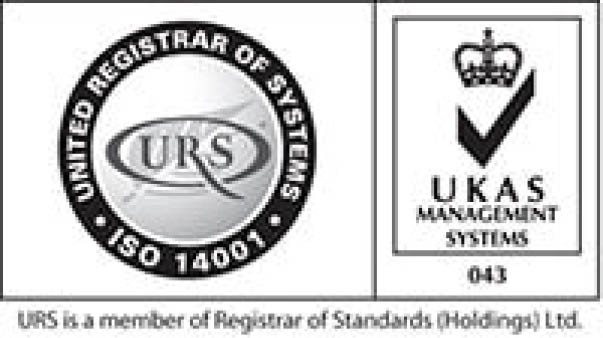Comparing recycling rates between different countries is difficult. But whichever calculation method you use, the UK (with the exception of Wales) performs less well than other developed economies.
For a relatively densely populated place with high landfill costs, improving recycling rates ought to be a priority. And yet the UK ranks well below countries such as Germany, Austria, South Korea, Taiwan, Belgium and the Netherlands.
Wales is an exception. It ranks among the best performing nations in the world and maybe points the way for the rest of the UK. We’ll come back to this in a minute. But first let’s clarify why recycling data can be misleading.
Can You Trust the Recycling Numbers?
Different countries calculate recycling rates in different ways as this analysis by specialist environmental consultants Eunomia explains. Mostly, these overstate the percentage of waste that is recycled.
The point at which you measure makes a big difference. Measuring the total weight of waste placed into municipal recycling streams doesn’t tell you everything you need to know. Typically, a significant percentage of that waste is contaminated and has to be diverted to energy from waste plants.
In 2019/20 the Local Government Association reported that over half a million tons of ‘recyclable waste’ was rejected at the point of sorting owing to contamination.
Other technical issues that overstate national recycling rates include how much commercial, industrial and construction waste is included in the calculations.
It would be comforting to claim that the UK has been disadvantaged by other countries ‘cooking the books.’ Sadly, that’s not the case. Even with adjusted figures the true recycling rates in the UK fall well below the leading nations.
The Welsh Example
We said earlier that Wales is an exception. Here the ‘adjusted’ recycling rate is around 52%. This is very close to the 54% achieved by the international leaders Germany. In part this is down to binding performance targets placed on Welsh authorities.
Binding targets along with simpler recycling schemes, investment, incentives and penalties such as ‘pay as you throw’ all play a part in improving recycling rates.
Every survey shows that most people in the UK want to recycle more. The Welsh example shows how this can be harnessed through joined-up policy making. From a nation that recycled less than 10% of its waste in 2000, they are now well on the way to achieving a target of 70%.
And in case you’re wondering, over 75% of the waste we process at Wellington Waste is recycled.
Contact 01823 664628 to find out more, or email enquiries@wellingtonwaste.co.uk.

